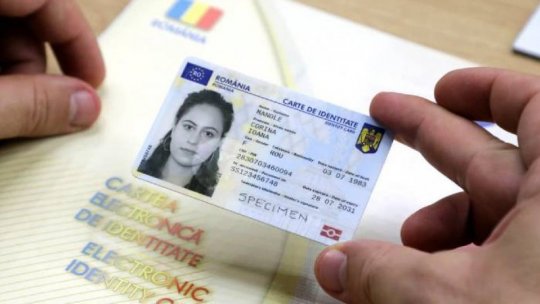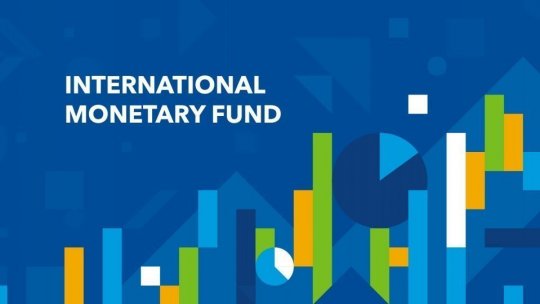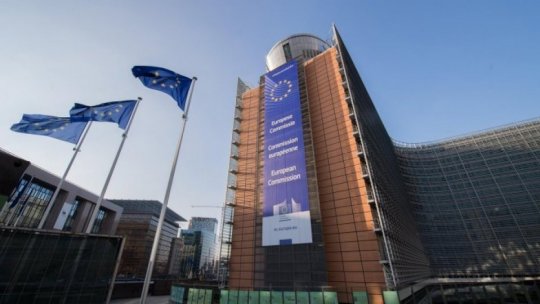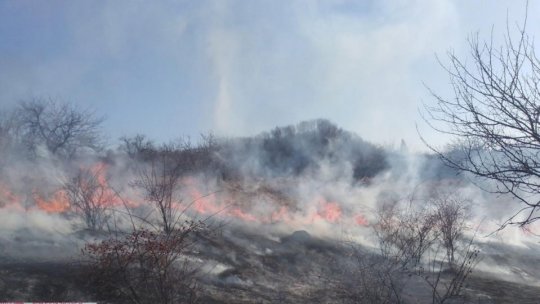Moldova Republic, “the country of abandoned children”
Der Spiegel talks about the tragic situations many families in the Moldavian Republic are facing, the children being separated from their parents who go abroad in search for work.
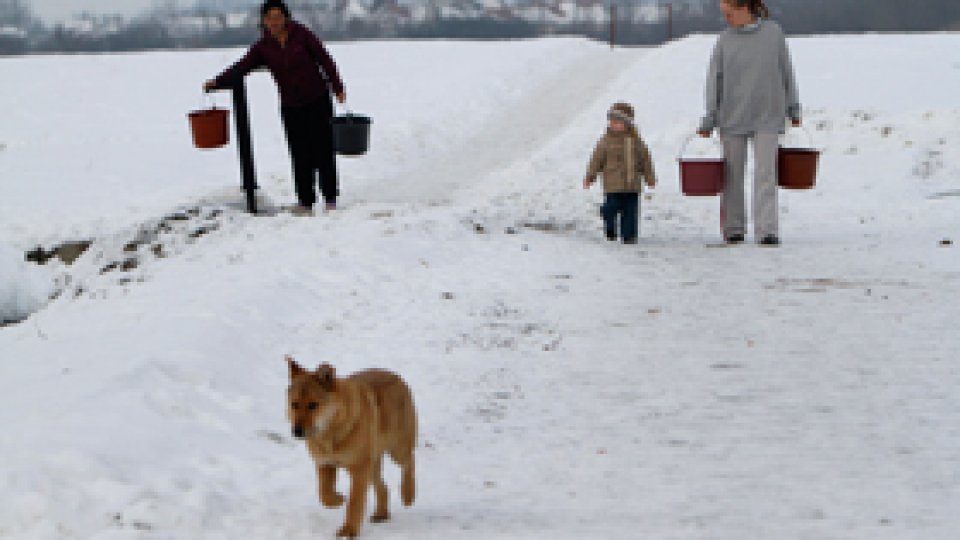
Articol de Florin Matei, 22 Septembrie 2012, 10:35
Too poor to raise their children in a decent manner, many parents from the Republic of Moldavia choose to go work abroad.
Once arrived there more or less on legal means, in overcrowded buses or illegally passing the border with a guide, the parents work hard in order to send home some money.
However, not only work is difficult but also the fact that they cannot go back home but a few days a year.
Nadia left from Nucreni village, north of Moldavia. She walked over 1000 kilometers, to Verona, where she takes care of an aged couple.
Nadia lives now in an apartment in the south of the city, where tourists come for romantic weekends. She says she is not at all happy, apart from her two daughters.
Anastasia is the oldest, she is 16 and Alexandra, the youngest, is 12. As their mother, they wake up at seven o’clock and nothing apart the dolls lined up on the sofa shows that children live in that spotless room.
The poorest country in Europe
Nadia’s daughters live in a country known for human trafficking and illegal trade in human organs, writes Der Spiegel.
Anastasia and Alexandra live by themselves. They feed the chickens early in the morning before leaving to school and in the evening they plow the corn and potato fields. The girls are in charge of the entire housework, they do the laundry, they tidy up and they cut the firewood in the forest.
When Moldavia became such a poor country, parents in poor families like Anastasia and Alexandra’s began to go abroad and look for work. During the Soviet Era Moldavia was relatively prosperous as an important exporter of fruits and vegetables within USSR. However, now it is Europe's poorest country, adds Der Spiegel.
Of a population of 4 million, one million Moldovans have already went abroad to countries such as Spain, Italy and Greece, which are still places of hope in their eyes. Most Moldovans live there illegally, leaving children and the elders behind in their villages.
Far from Home
Instead of taking care of her own children, Nadia Popa cares for the parents of strangers who are too busy to care for them themselves.
About 200,000 Moldovans live in Italy.
Like Nadia, many Moldovan women work as geriatric caregivers. It's a kind of work many Western Europeans do not approve of. It demands confronting sickness, suffering and also death. It is also very bad paid, writes Der Spiegel.
Nadia lives with an aged couple. She cooks their meals and does their laundry, she even helps them wash themselves sometimes and takes them for a walk.
She also tries to comfort the old man, who suffers from an illness that is slowly destroying him.
The three of them often sit together in the living room and watch cartoons on TV. Nadia thinks about her children with tears in her eyes, and how much they like to watch cartoons. They also come in her thoughts when eating a piece of cake. She feels guilty for not being at home to share it with them.
Nadia earns €700 a month. She has two hours off every day and Sundays are free, when she meets her Moldavian friends in a park.
They have never been to the opera or seen a movie at the cinema and the only time they go to a restaurant is when their employers take them.
Nadia tries to spend as less as she can in order to save the money to send home to the children.
A dangerous journey
When Nadia left her village six years ago her girls were only nine and five years old. Although she used to earn from working the fields as much as to feed her family, for a real future it did not mean a lot. Since the downfall of the Soviet Union, Moldavian agriculture did not really recover.
The old collective farms have been closed, and productivity stagnated, leading to almost no industry. The country was considered politically unstable, which deterred investors and encouraged many Moldovans to go abroad, writes Der Spiegel.
Nadia was one of them. She borrowed 3.700 Euros from relatives and a bank in order to pay the traffickers. The long way to Italy, most of it by foot, took almost two weeks.
They passed the border between Ukraine and Hungary through a narrow pass in the Carpathian Mountains. It was during December, a ringing frost, and they drank melted snow when thirsty.
For two weeks she did not call home. Anastasia, the eldest, says she was sure her mother had died. Nadia was staying illegally in Italy and she was afraid to come back so she does not get caught at the border.
She was not there with her girls during Christmas, when their father had left them for good, when Alexandra refused to continue going to school or when she was hospitalized because of her poor nutrition.
Saving money to Send Home
Even if she is in Italy for some years now, Nadia Popa still feels like a stranger. She spends her evenings in the apartment of the couple she takes care of. She does not want to go out.
Once a month Nadia sends a 40- kilogram package to her daughters.
This has jeans, t-shirts, pajamas, spaghetti, chocolate, oranges, bananas, detergent and even toilet paper.
‘I don’t need all these things, I need you to come back home’, says Alexandra to her mother on the phone.
A great deal of minibuses travel back and forth Italy and Moldavian Republic. Along with the packages, they also bring in money.
The money the migrants sent home, approximately 1.1 billion euro a year, makes up to a quarter of the country’s GDP, exceeding the entire national budget. And even if the money saves many families from poverty, it isn’t enough to save the off-balanced economy, says Der Speigel.
Families Torn Apart
The Child Rights Information Center in Chişinău estimates that in Moldavian Republic there are about 350.000 children whose parents live abroad. Some of them live with their grandparents or neighbours, others are left by themselves.
Ion is 15 years and has been living on his own in the last four years. His parents live in Moscow, where they work for a bus company. They send him almost 200 Euros a month and also bought him a cow, a horse and a rabbit to keep him busy.
They meet on Skype every night, says Ion, and he tells his parents that he and his sister are doing alright.
Ion says he wants to have children when he grows up. But he has no concept of family life and he hardly remembers how was it like when his parents used to be home. For him, his life is completely normal.
The entire country has experienced profound changes in past years.
Traditionally, family is a sacred entity to Moldavians, but in the present there is an increasing gap between the reality and the ideal, as the divorce rate rises and the birth rate is in decline.
Translated by Angelica Tapoca
MTTLC, Bucharest University

